Handwriting practice English for Beginners Worksheets for Ages 5-7
43 filtered results
-
From - To
Boost your child's writing skills with our "Handwriting Practice English for Beginners Worksheets for Ages 5-7." Designed for young learners, these engaging printables help kids master letter formation, neatness, and consistency. Featuring fun activities, tracing, and free-writing exercises, kids will explore the alphabet, simple words, and sentences. Ideal for both classroom and at-home practice, these worksheets make learning enjoyable, promoting confidence and proficiency in early writing. Perfect for emergent writers and English language learners, our worksheets set the foundation for academic success. Start their handwriting journey today with Kids Academy’s high-quality educational resources!


Letter E Coloring Sheet
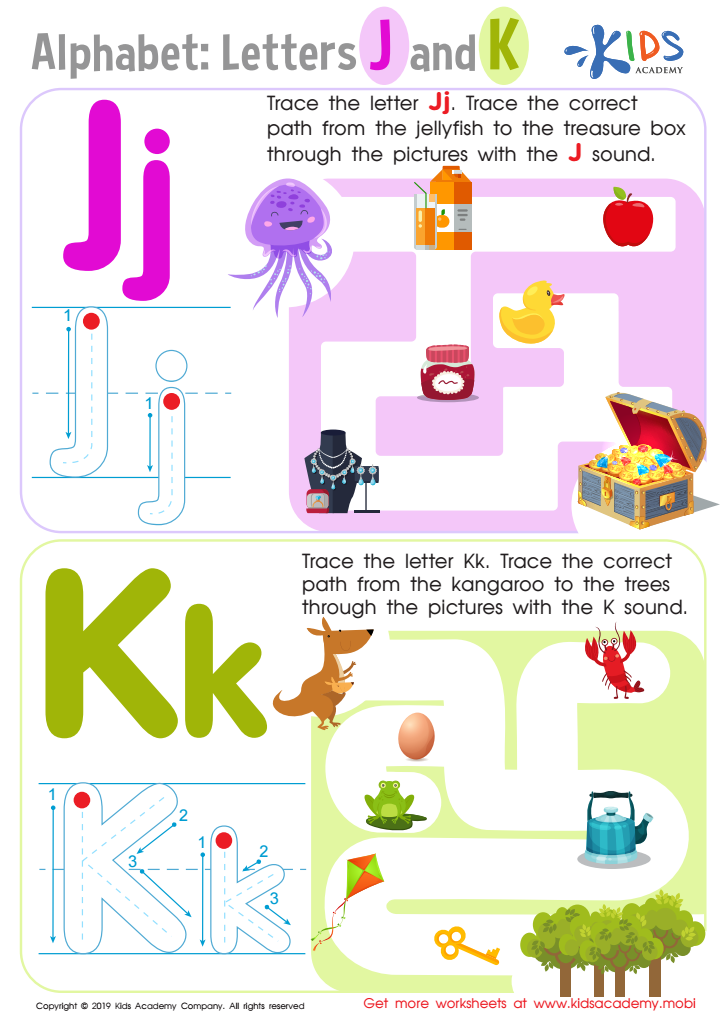

Letters J and K Tracing Worksheet
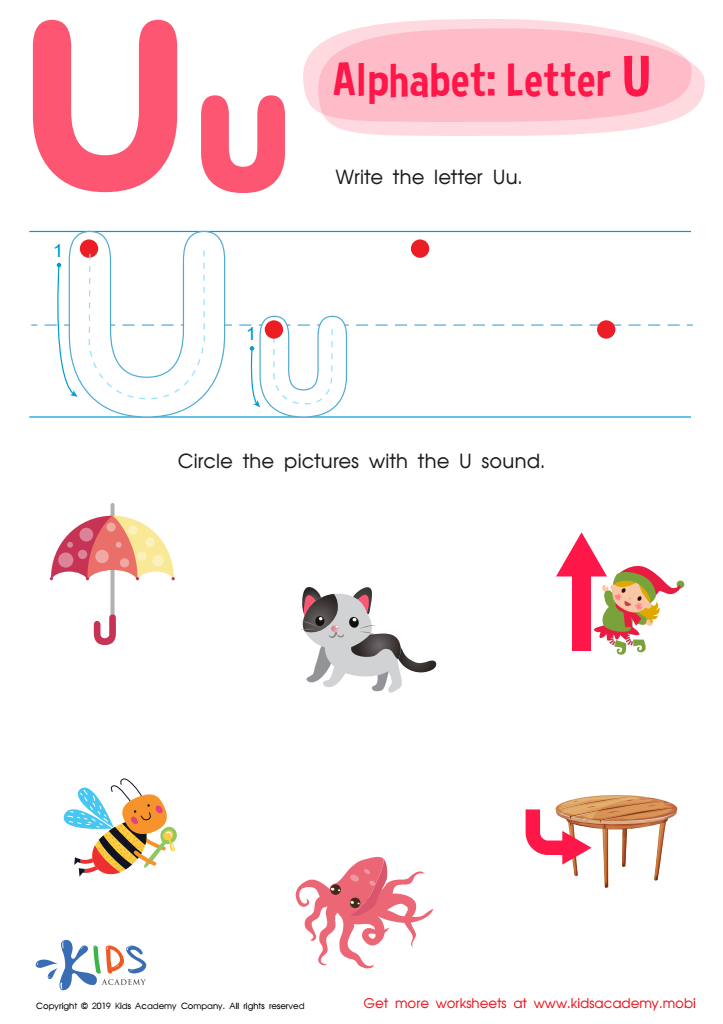

Letter U Tracing Worksheet


Letter R Tracing Page


Letter X Tracing Page
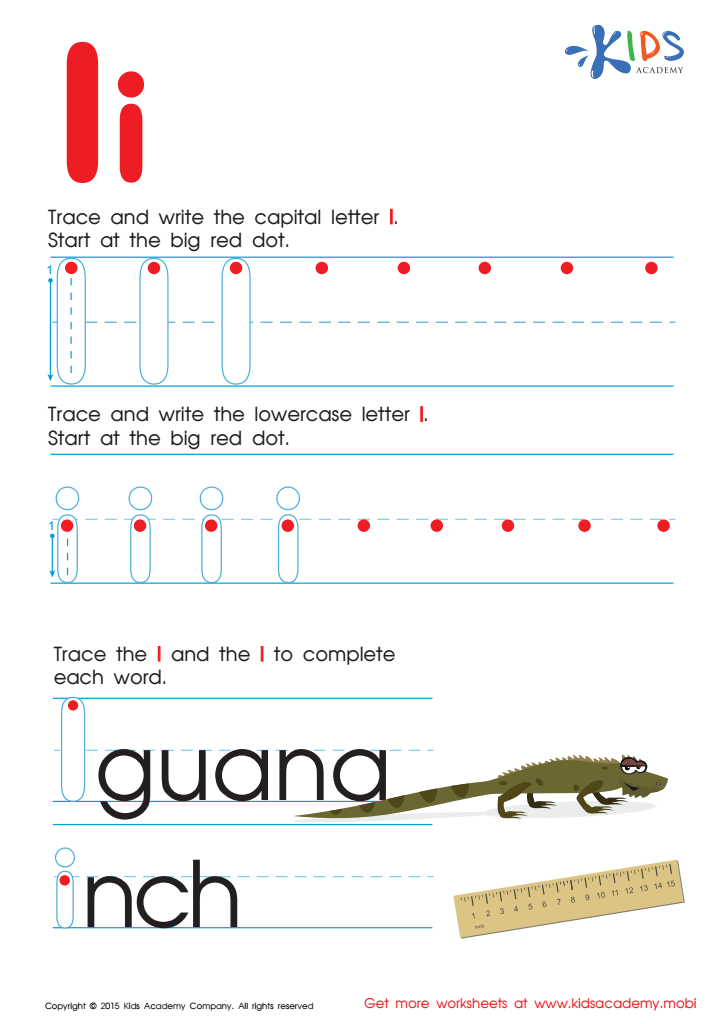

Letter I Tracing Page
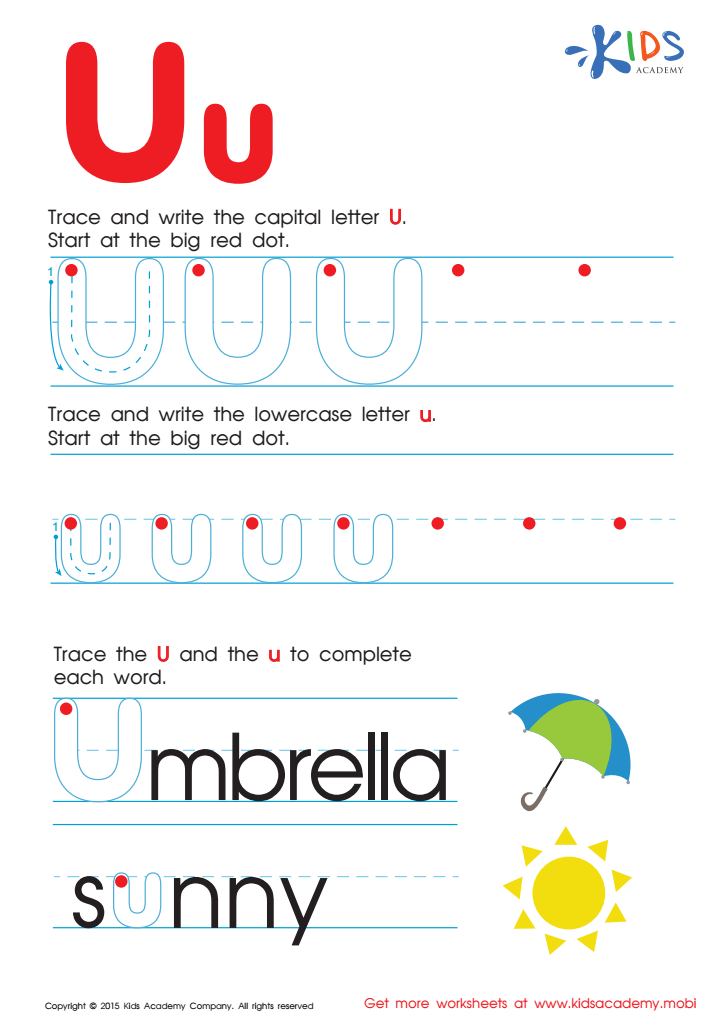

Letter U Tracing Page
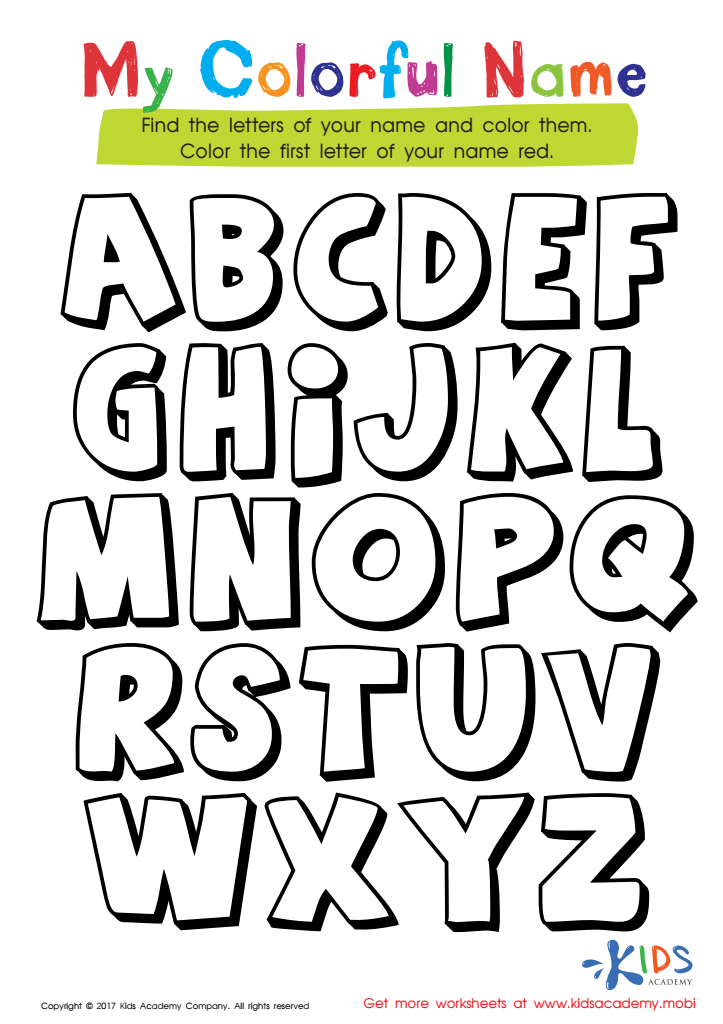

My Colorful Name Worksheet
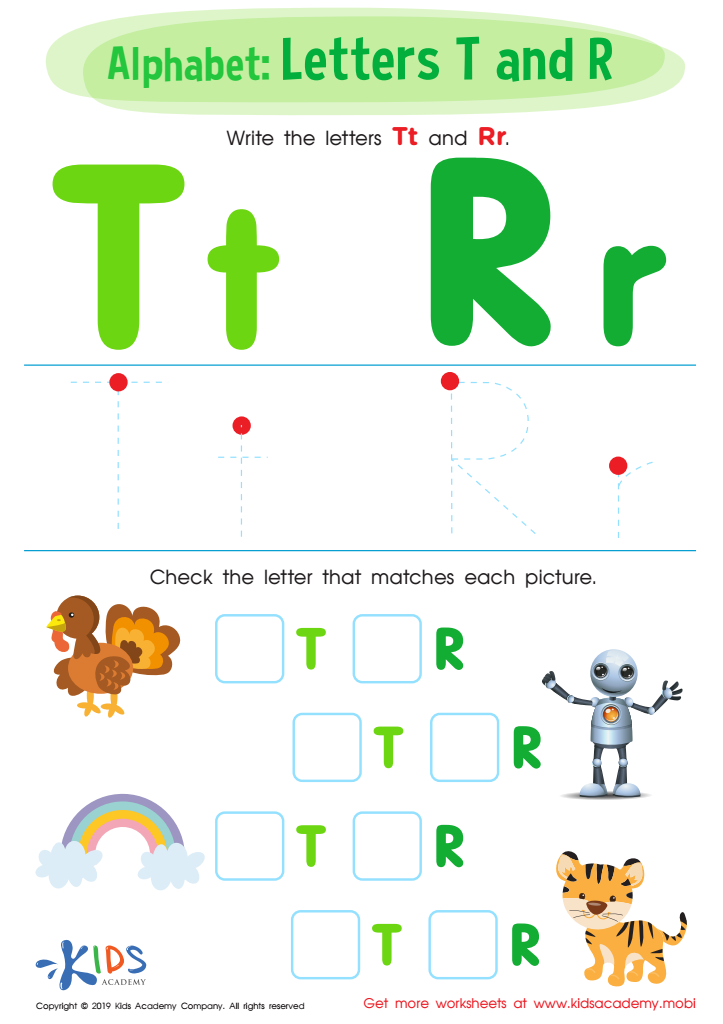

Letters T and R Worksheet
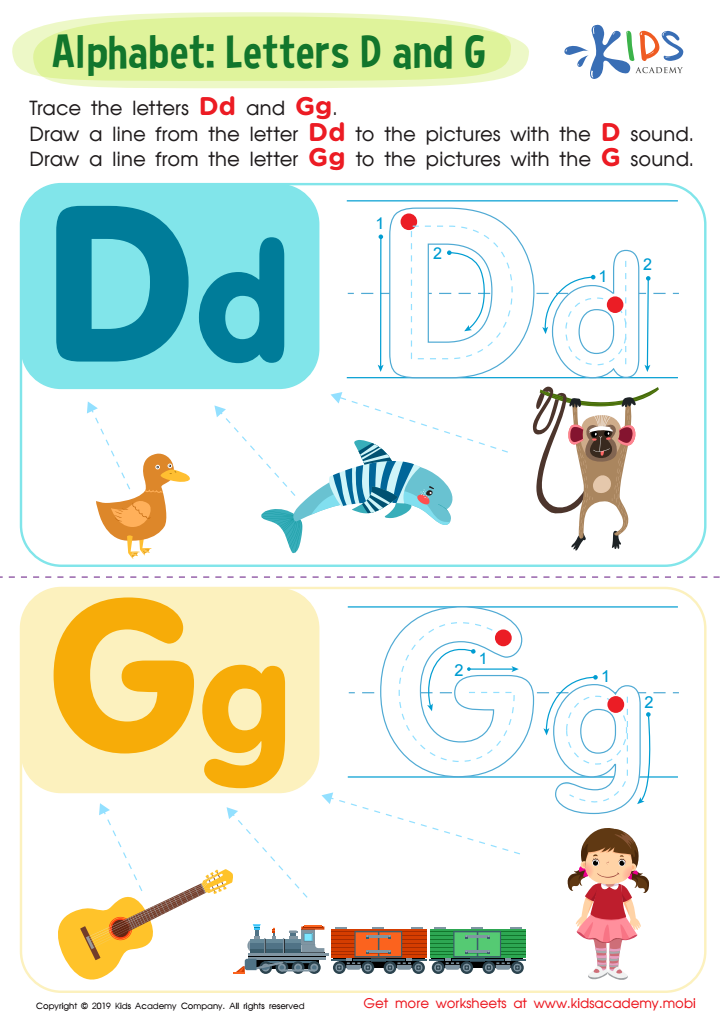

Letter D and G Tracing Worksheet
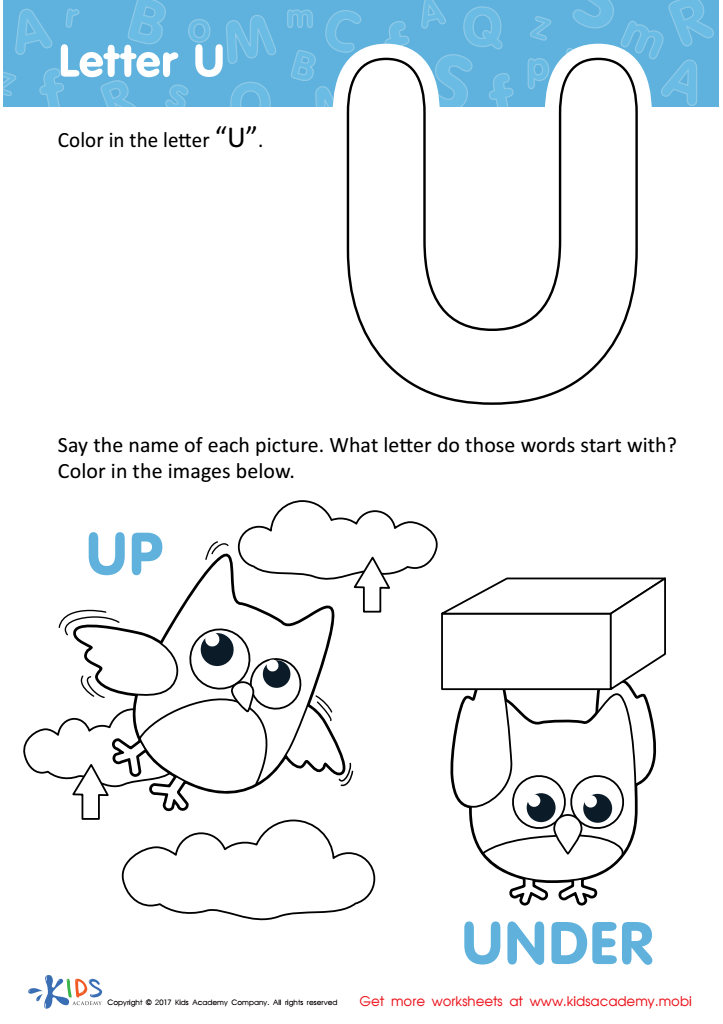

Letter U Coloring Sheet
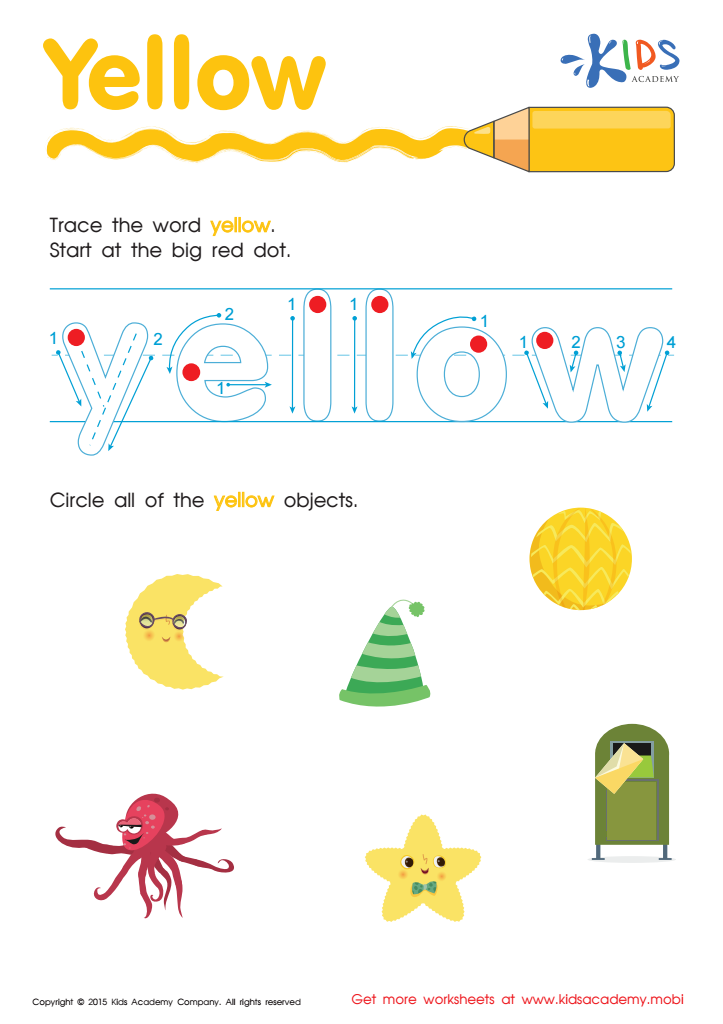

Yellow Tracing Color Words Worksheet
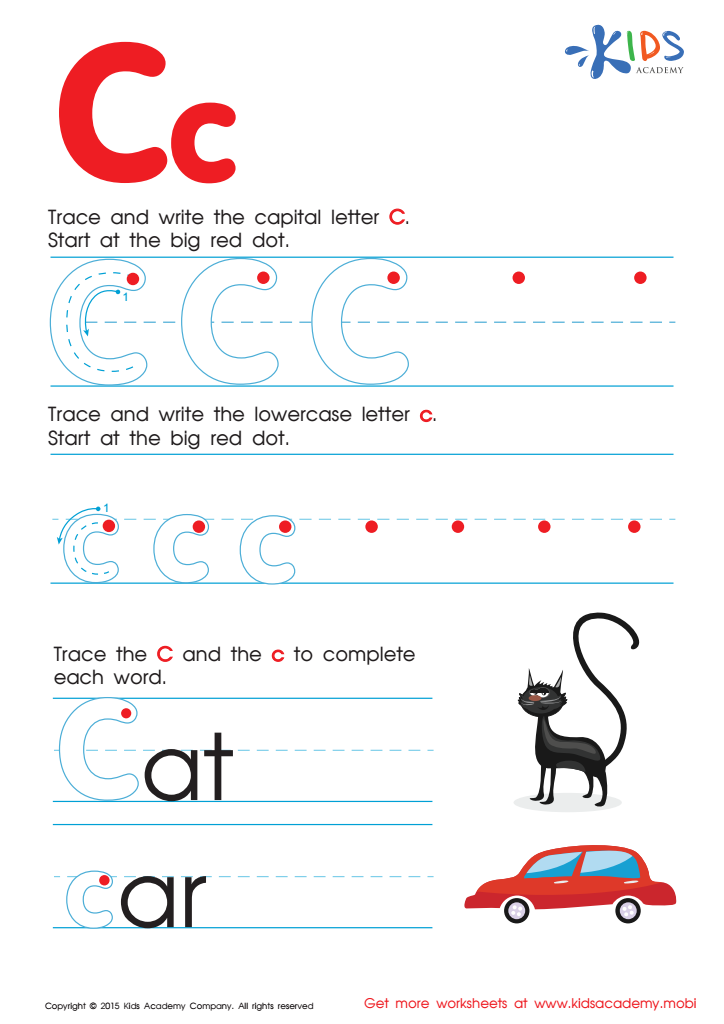

Letter C Tracing Page
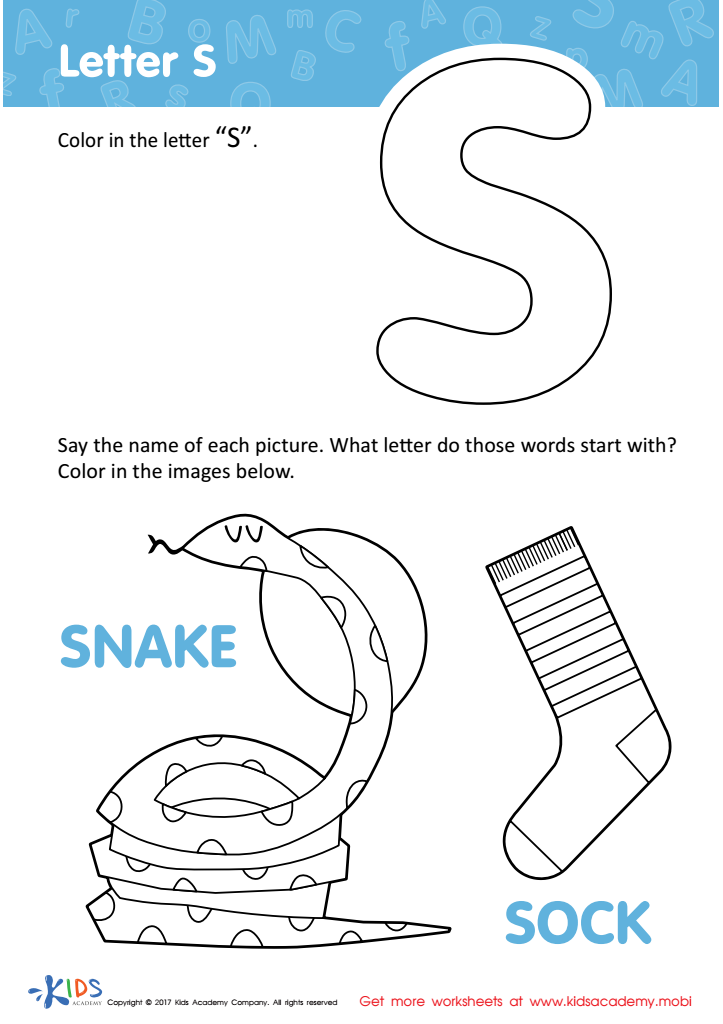

Letter S Coloring Sheet
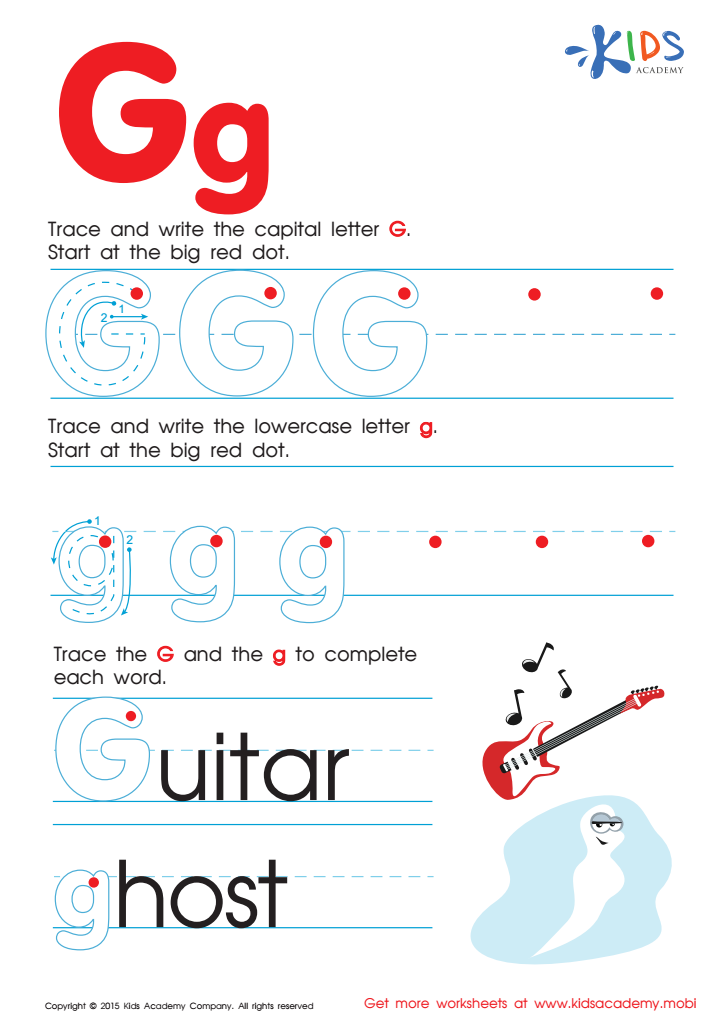

Letter G Tracing Page
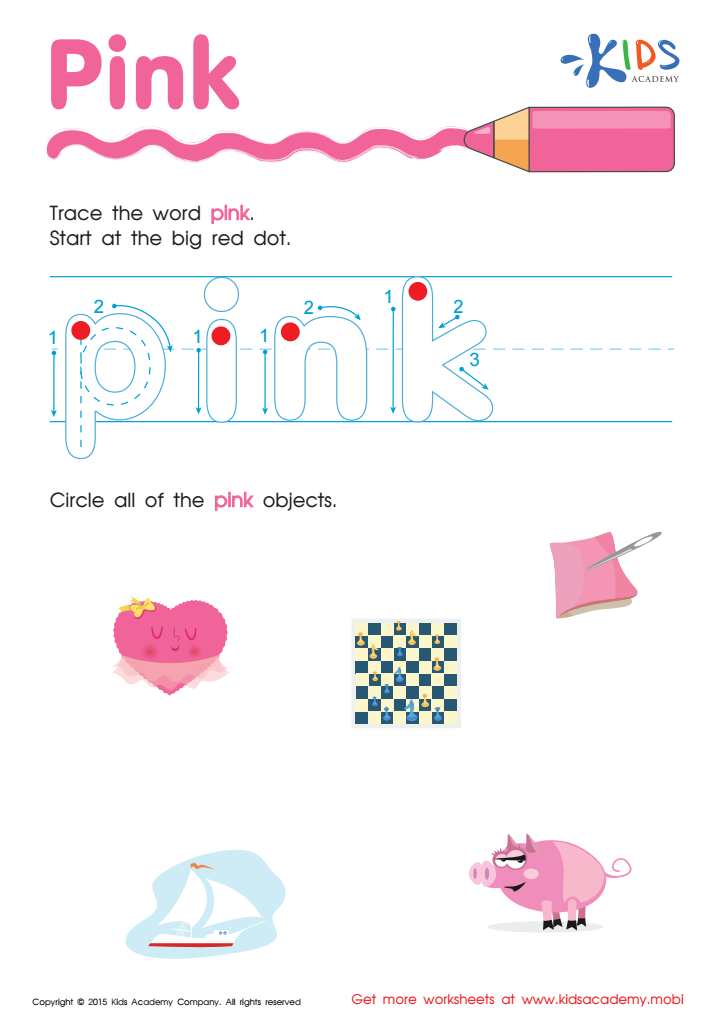

Pink Tracing Color Words Worksheet
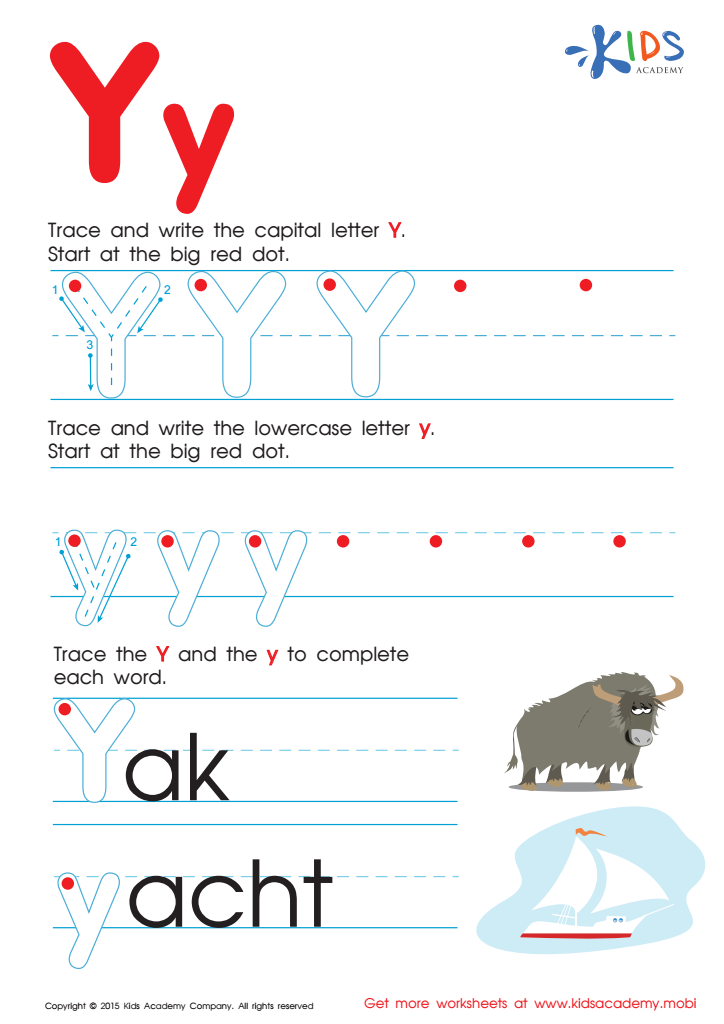

Letter Y Tracing Page
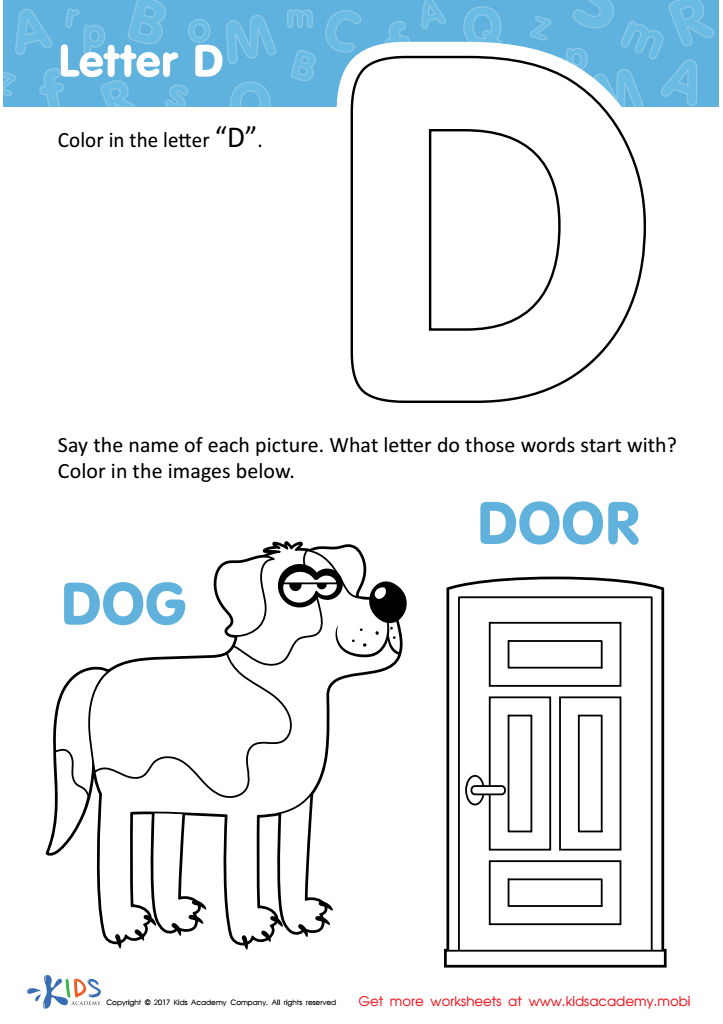

Letter D Coloring Sheet
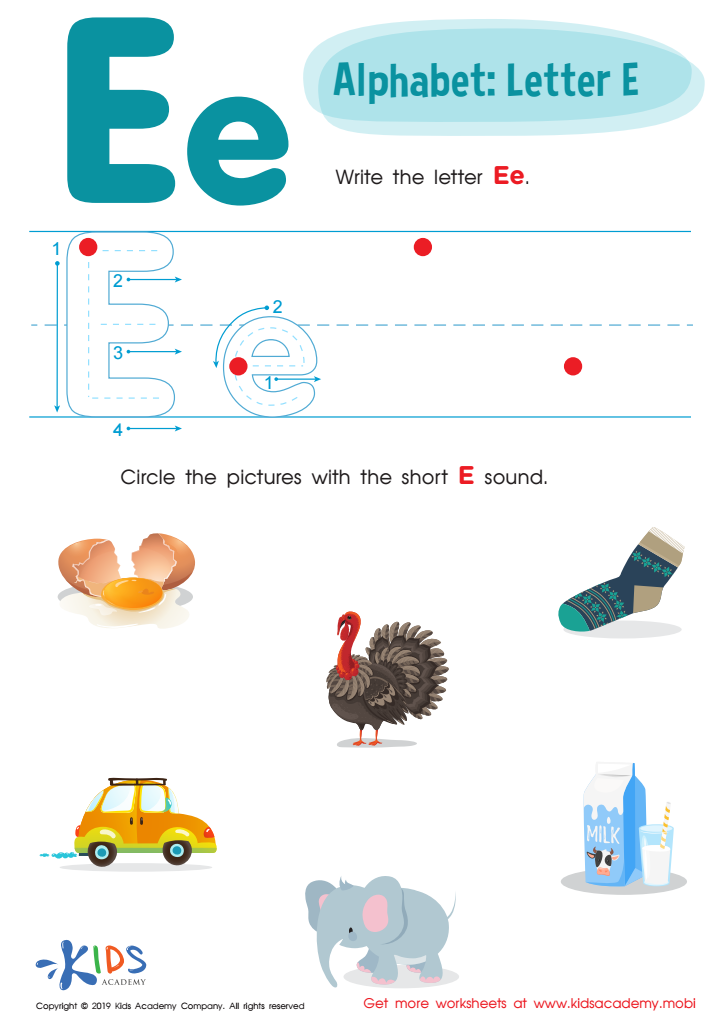

Letter E Tracing Worksheet
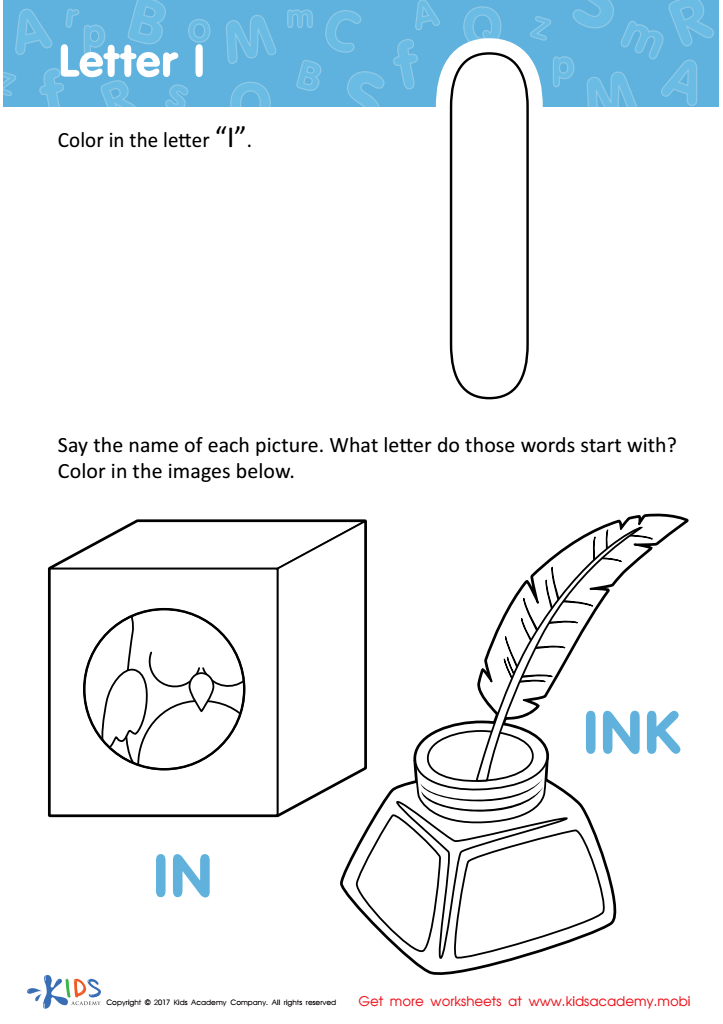

Letter I Coloring Sheet
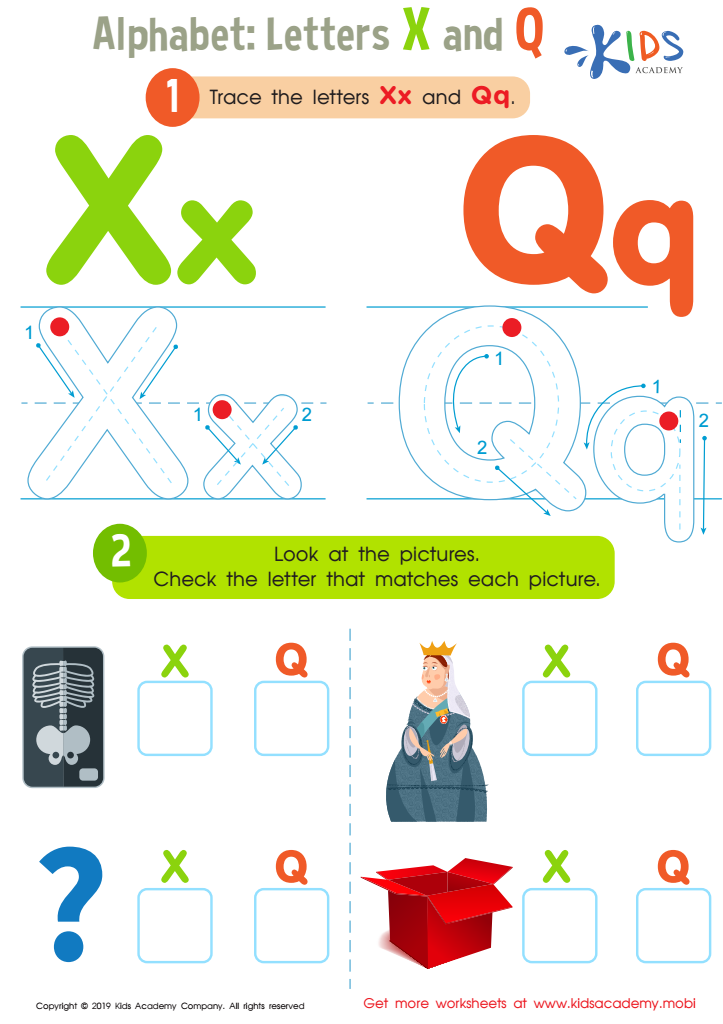

Letters X and Q Tracing Worksheet
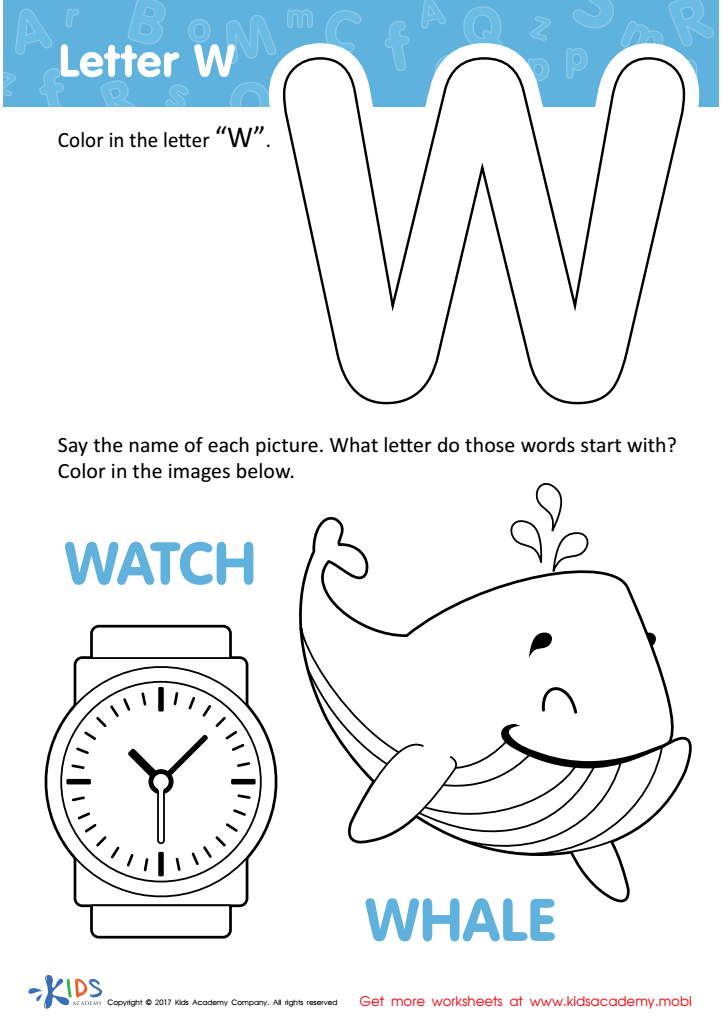

Letter W Coloring Sheet
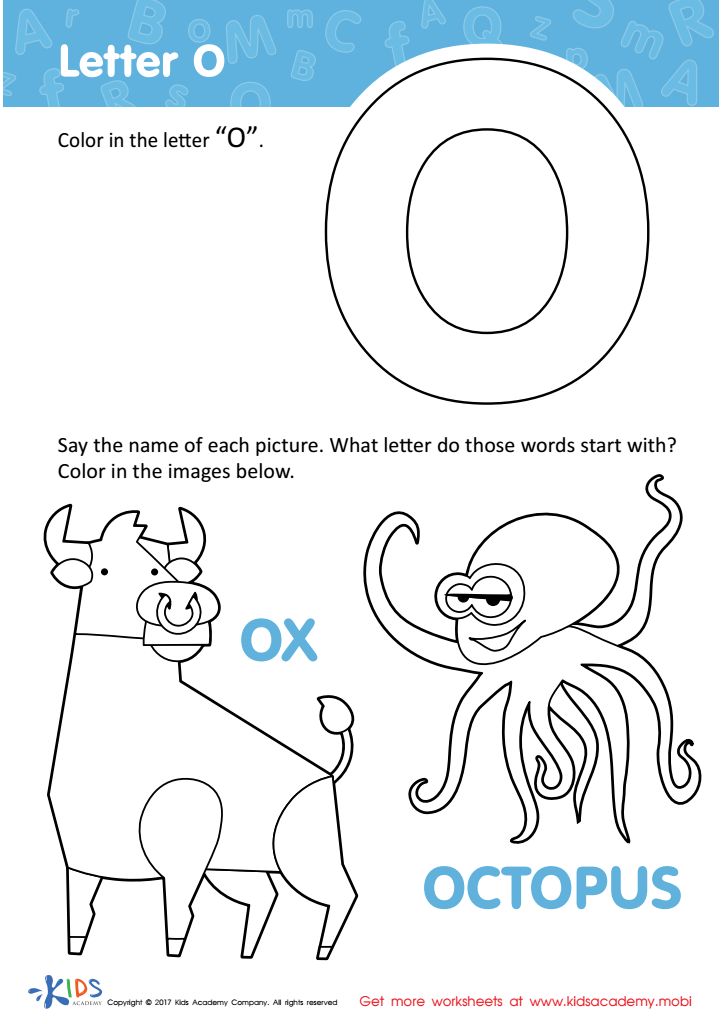

Letter O Coloring Sheet
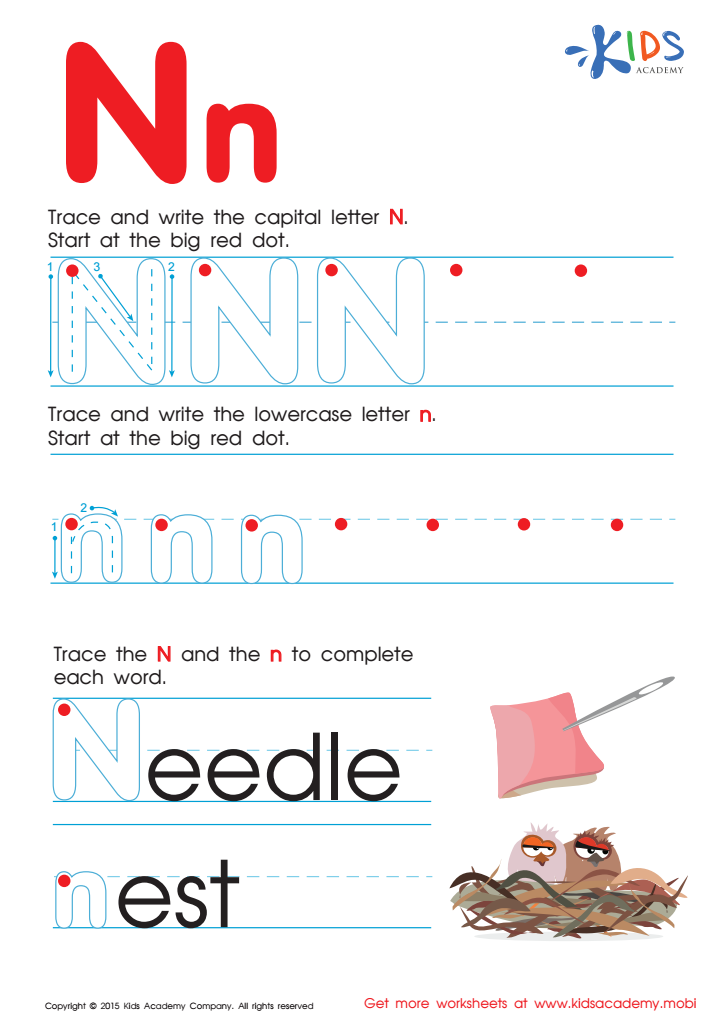

Letter N Tracing Page
Handwriting practice is fundamental for children ages 5-7 as it intersects with multiple facets of their early development. Firstly, it reinforces motor skills, particularly developing fine motor control and hand-eye coordination, which are critical at this age for many daily tasks, from feeding themselves to tying shoe laces.
In addition, handwriting aids cognitive development. The process of learning to form letters and words links to better reading fluency and comprehension. As children practice handwriting, they strengthen the areas of the brain involved in language and memory functioning, making it easier to understand and process written texts. This is significant for beginners learning English, as the repeated practice helps embed the language rules and vocabulary into their memories.
Emotionally, handwriting practice promotes patience, attention to detail, and perseverance. These soft skills contribute to a child's overall educational journey and household routine. Furthermore, legible handwriting fosters better communication skills. When children can express their thoughts clearly on paper, they gain confidence in their abilities, which can translate to speaking and social interactions.
For teachers, regular handwriting practice in class ensures a standardized approach to writing, making it easier to assess each child's progress and identify areas needing attention. Engaged parents and teachers, playing their respective parts, thus create a supportive environment that underscores the importance of writing as a foundational skill for future academic success.
 Assign to My Students
Assign to My Students


















